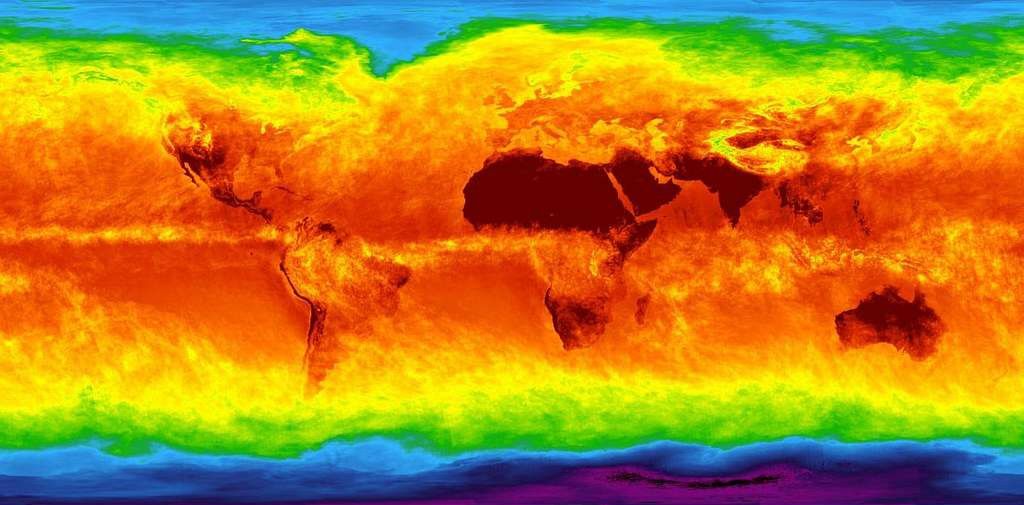Donald Trump’s Victory: What His Return to the White House Means for India

In a stunning comeback, former US President Donald Trump defeated Democratic candidate Kamala Harris in the race to the White House, marking the beginning of his second term as the 47th President of the United States. Speaking from West Palm Beach, Florida, Trump declared, “This will be the golden age of America. America has given us an unprecedented mandate,” hinting at ambitious plans for his presidency.
As Trump prepares to return to the Oval Office, India is closely monitoring the potential impact his administration could have on bilateral relations, particularly in trade, immigration policies, and financial markets. Trump’s presidency is expected to bring a renewed focus on “America First” policies that may influence India in various ways.
Trade Relations
One of the primary areas anticipated to see changes is trade. Trump has been vocal about implementing policies aimed at balancing trade deficits and protecting American industries. This stance may lead to more demands on India to lower trade barriers and boost imports of American goods, or risk facing higher tariffs. For India, whose key exports to the US include IT services, pharmaceuticals, and textiles, stricter trade policies could pose both challenges and opportunities, depending on how both sides negotiate.
Analysts suggest that while Trump’s approach might initially appear restrictive, it could open doors for India to explore new avenues for trade cooperation if adjustments are made. Trump’s trade policies could necessitate India to adapt its trade strategy, potentially fostering a more balanced commercial relationship and encouraging growth in specific sectors.
Immigration and H-1B Visa Policies
India is also paying close attention to Trump’s stance on immigration and H-1B visas, which are vital for the Indian workforce in the US, especially within the IT sector. During his previous term, Trump introduced reforms aimed at limiting H-1B visas, which impacted Indian tech professionals. Should similar measures resurface, Indian companies and skilled professionals might face additional challenges in accessing the US job market. However, there is cautious optimism that Trump’s administration could consider reforms benefiting both countries by addressing skill gaps while safeguarding American jobs.
Financial Markets and Economic Growth
The Trump administration’s economic policies are expected to have a global impact, influencing financial markets and investment flows. A report by Nomura Research Institute highlighted that Trump’s policies could stabilize American markets, benefiting foreign investors, including those from India. The report suggested that despite Trump’s firm stance on trade, his administration’s financial outlook might create opportunities for India to attract American investments in sectors such as technology, renewable energy, and infrastructure.
Global Dynamics and Strategic Relations
Trump’s return to office could further strengthen the Indo-US strategic partnership, particularly in areas related to defense and regional security. With a strong stance on containing China’s influence, Trump’s administration may continue to view India as a key ally in Asia. This partnership could pave the way for increased cooperation in defense, cybersecurity, and counter-terrorism.
Conclusion
As Donald Trump embarks on his second term, India’s government, businesses, and investors are keenly observing his policy directions. The coming years could bring both challenges and new opportunities for India, depending on how the two nations navigate these evolving dynamics. With a mix of cautious optimism and strategic readiness, India is prepared to work alongside the US in fostering growth, stability, and mutual benefit under Trump’s leadership.








